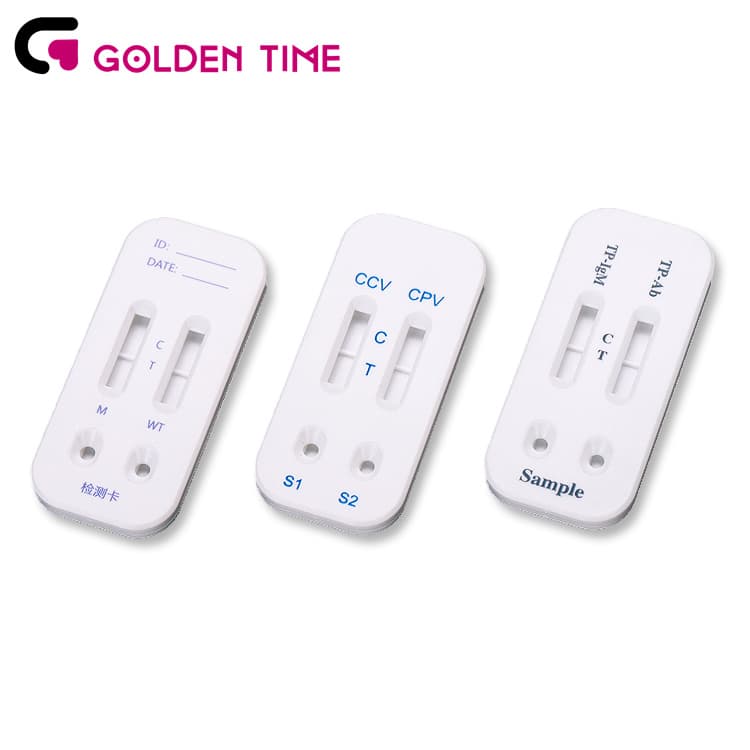Aug . 06, 2024 06:11 Back to list
Suppliers for HBs Antigen Testing Kits and Related Diagnostic Solutions in the Market
The Importance of HBs Antigen Test Suppliers in Hepatitis B Management
Hepatitis B is a viral infection that attacks the liver and can cause both acute and chronic diseases. It is crucial for the global health community to monitor and manage this infection effectively, as it poses significant health risks. One of the vital tools in managing Hepatitis B is the HBs antigen (HBsAg) test, which detects the presence of the Hepatitis B surface antigen in the blood, indicating an active Hepatitis B infection. The suppliers of HBs antigen tests play an essential role in this process.
The Role of HBs Ag Tests
HBs antigen testing is an essential step in diagnosing Hepatitis B. The test is used not only for diagnosis but also for screening and monitoring the treatment of affected individuals. The presence of HBsAg signifies that a person is infectious, which is crucial information for public health officials and healthcare providers. Quick and accurate testing allows for timely interventions, reducing the risk of transmission and improving outcomes for patients.
Growing Demand for HBs Antigen Tests
The demand for HBs antigen tests has surged globally, particularly as awareness about Hepatitis B increases. The World Health Organization (WHO) has set ambitious goals for the elimination of viral hepatitis as a public health threat by 2030. This has prompted healthcare systems worldwide to ramp up screening efforts, leading to a growing market for HBs antigen test suppliers.
With a rising number of people being screened, the demand for reliable and accurate testing solutions has never been higher. Suppliers are tasked with meeting this demand by providing high-quality test kits that healthcare professionals can trust. A reliable HBs antigen test enables early detection, which is critical for effective management of the disease and can significantly reduce the potential for liver complications.
Quality and Compliance
hbs antigen test suppliers

For HBs antigen test suppliers, quality assurance and compliance with regulatory standards are imperative. Test kits must meet stringent guidelines set by health authorities to ensure their accuracy and reliability. Suppliers are responsible for maintaining high standards in their production processes, from the sourcing of raw materials to the final packaging of test kits. Compliance not only ensures patient safety but also builds trust between suppliers and healthcare providers.
Furthermore, the emergence of innovative technologies allows test suppliers to develop more efficient and user-friendly testing solutions. For instance, point-of-care testing kits that provide rapid results can significantly improve patient management by enabling immediate clinical decisions.
The Global Supply Chain
The global supply chain for HBs antigen tests includes manufacturers, distributors, and healthcare providers. Suppliers must navigate various regulatory environments and market demands to deliver effective and timely products. While some suppliers may focus on local markets, others have expanded their reach to international markets, thus enhancing access to HBs antigen testing worldwide.
In recent years, we’ve seen an increasing trend of partnerships between test suppliers, healthcare providers, and public health organizations. These collaborations aim to improve testing access, affordability, and education about Hepatitis B, ultimately leading to better health outcomes at the community level.
Conclusion
In conclusion, the role of HBs antigen test suppliers is vital in the fight against Hepatitis B. As the demand for accurate and reliable testing continues to grow, suppliers must remain committed to quality, compliance, and innovation. Their contributions not only facilitate the early detection of Hepatitis B but also play a significant role in the broader public health effort to eliminate this potentially life-threatening infection. By investing in superior testing solutions and fostering strong partnerships within the healthcare ecosystem, HBs antigen test suppliers are pivotal in managing and eventually eradicating Hepatitis B.
-
Dengue NS1 Rapid Diagnostic Test Kit
NewsMar.07,2025
-
Dengue NS1 Rapid Diagnostic Test Kit
NewsMar.07,2025
-
Dengue NS1 Rapid Diagnostic Test Kit
NewsMar.07,2025
-
Transferrin Rapid Test Cassette Tumor Marker TF Card
NewsMar.07,2025
-
Malaria Pf Pan Rapid Diagnostic Test Kit
NewsMar.07,2025
-
malaria pf / pan ag rapid test
NewsMar.07,2025

